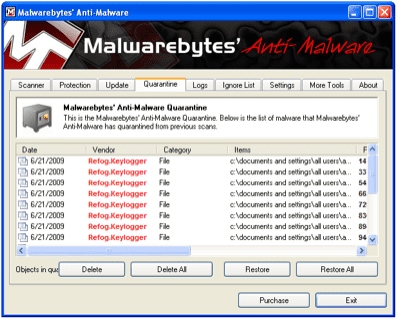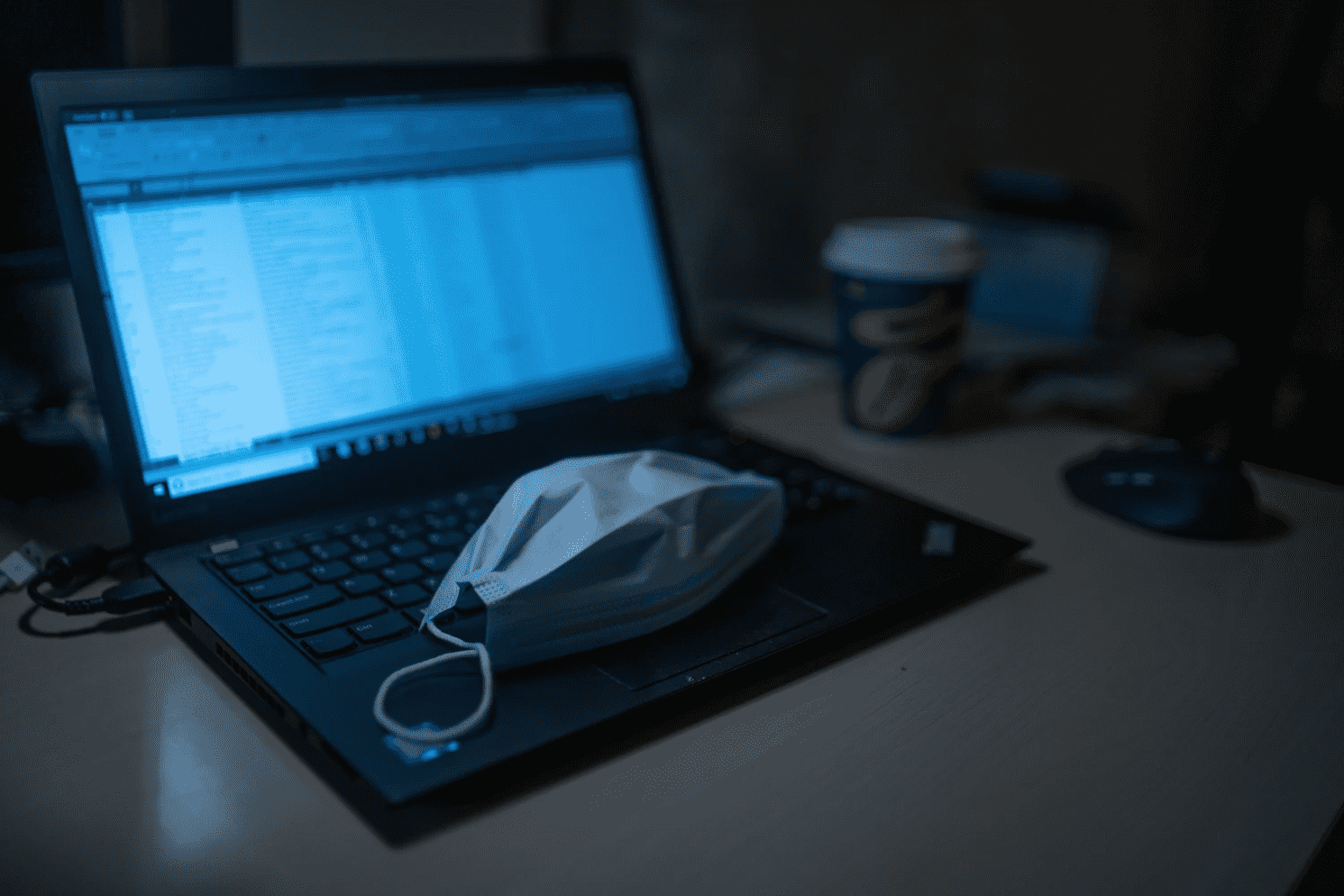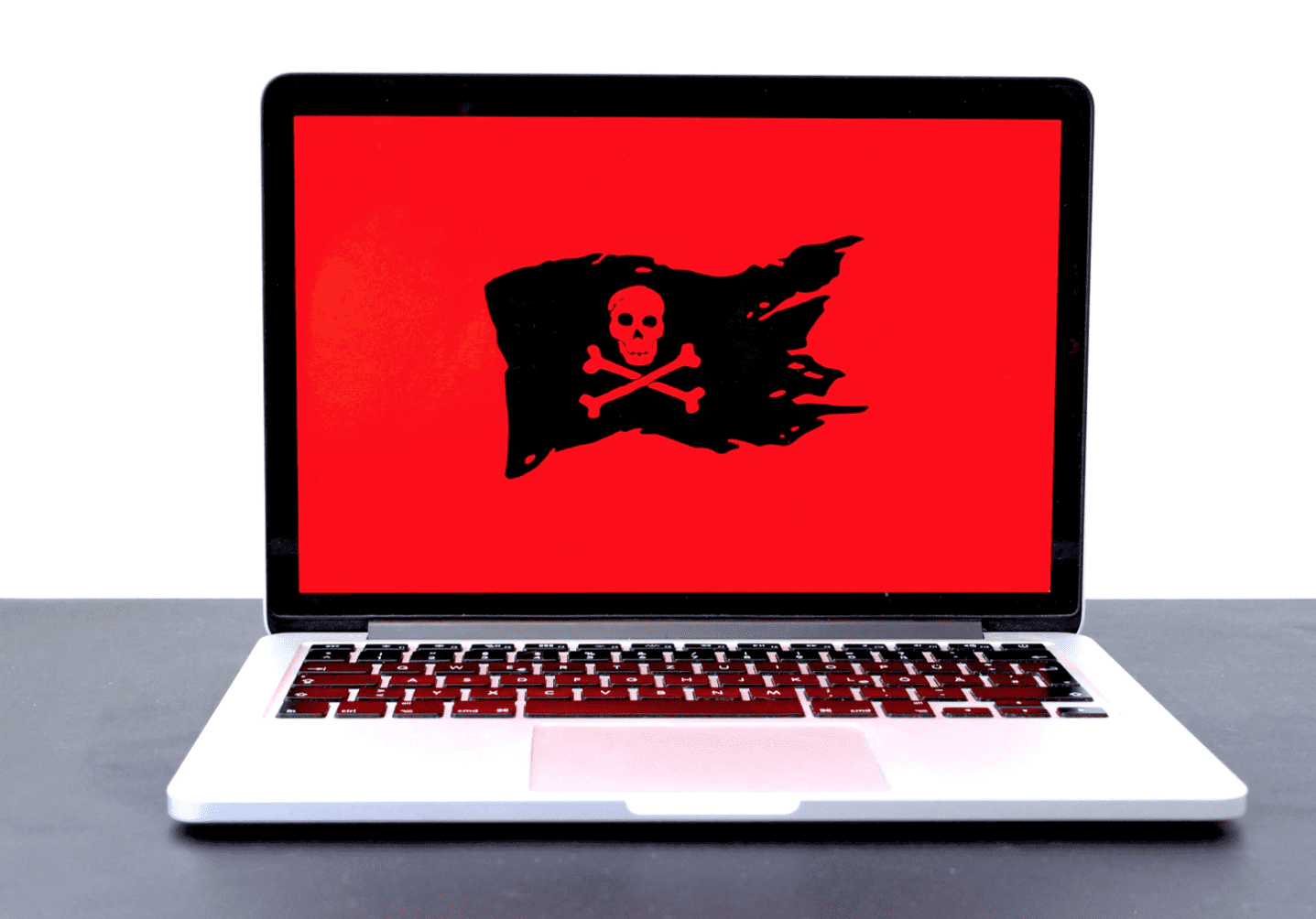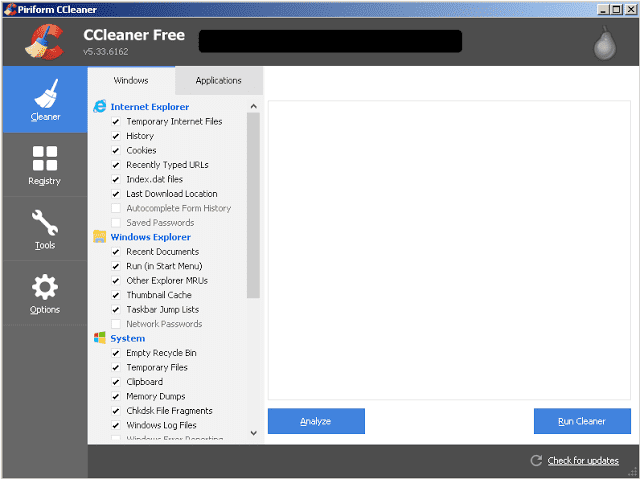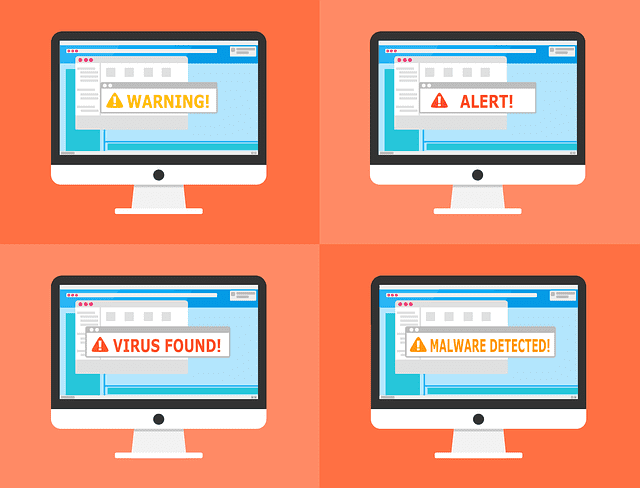You’ve probably heard the terms “virus,” “malware,” “spyware,” and others all used interchangeably. However, these are actually all different types of bad software. The blanket term for software that harms your computer is “malware.” If you paid attention in Latin class, you’ll know that “mal” is a prefix that means “bad” and “ware” simply refers to any type of computer program.
Now the second-most-popular term that gets thrown around is “virus.” A virus is pretty much the same as its biological counterpart, but on the computer. It attaches itself to files on your computer, replicates itself, and spreads itself out to as many computers as possible. It can attach itself to the hidden parts of your hard drive, system files, or even random files that contain data valuable to you. Quite often they spread through executable files. If you see a file that ends in “exe” where you didn’t expect it to, don’t open it! It’s probably a virus. Make sure to run a scan on it.
Spyware is another term that people use a lot. Spyware does what it sounds like – finds out your information without your knowledge. Spyware can arguably do the most amount of real-world damage to the everyday user. It can discover your credit-card information or other personal info that can be used by the hacker. And it can go undetected for a long time – that’s the way it operates. Not all anti-virus software can catch spyware though, as the code that it uses is significantly different. Use something like MalwareBytes to regularly check up on it.
ScareWare is relatively new on the field of malware. It tricks you into downloading something that looks like an antivirus, and then tells you that you have hundreds of viruses which you have to pay to remove. Chances are however that the only virus is the program that is telling you that you have a virus! The best chances for removing this virus, if your other programs haven’t caught it, is simply to Google the name of the software and see how to remove it. Many security programs haven’t quite figured out how to deal with these yet. Your best defense is simply not to download any programs that you can’t verify are legitimate.
The final type of Malware that gets mentioned a lot is a Trojan Horse. This software allows your computer to be controlled remotely. It’s unlike a virus in that you have to be tricked into installing it, but once installed, you might never know. Hackers use PCs with Trojan Horses for their own ends – proxy servers, attacking websites, or even sending out spam. Make sure your antivirus is up-to-date and you should be able to stay safe from these.
There are of course many other types of viruses, but the methods for protection essentially remain the same: practice safe browsing, and keep your antivirus updated. If you have more questions about these or other computer repair related topics, contact me at https://www.callnerds.com/blog
Screenshot copyright Malwarebytes Corporation

About The Author: Andrea Eldridge is CEO and co-founder of Nerds On Call, a computer repair company that specializes in on-site and online service for homes and businesses. Andrea is the writer of a weekly column, Nerd Chick Adventures in The Record Searchlight. She prepares TV segments for and appears regularly on CBS, CW and FOX on shows such as Good Day Sacramento, More Good Day Portland, and CBS 13 News, offering viewers technology and lifestyle tips. See Andrea in action at callnerds.com/andrea/.
